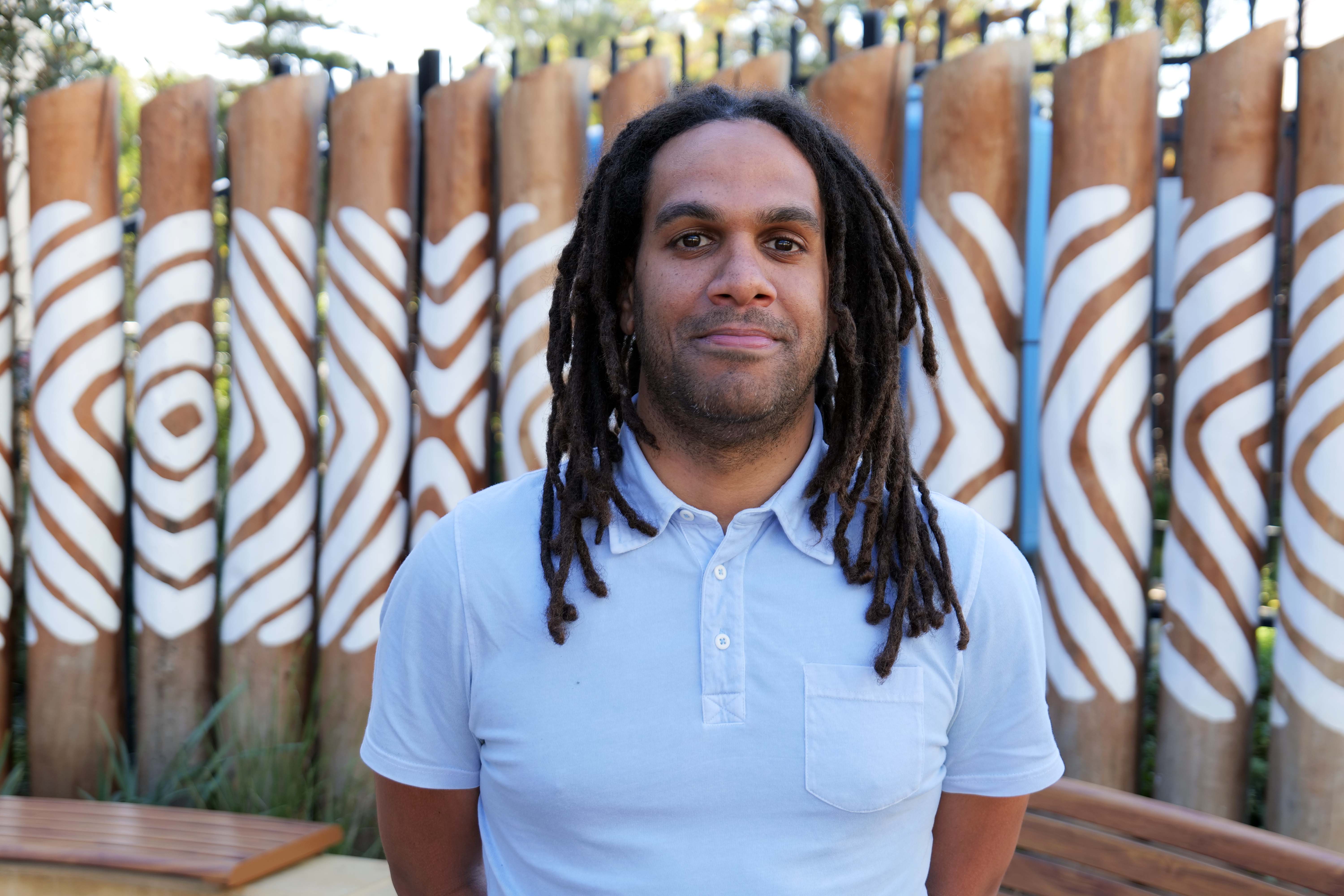Search
Showing results for "mental health aboriginal"
Research
Virtual Reality Integrated Social Recovery (VISOR)As well as specific symptom clusters, psychosis effects important non-symptom domains including social cognition and social-occupational functioning.
Research
“Shame, Doubt and Sadness”: A Qualitative Investigation of the Experience of Self-Stigma in Adolescents with Diverse Sexual OrientationsMany adolescents with diverse sexual orientations lead happy and fulfilled lives. However, evidence consistently suggests elevated rates of mental health difficulties in this population relative to heterosexual peers, and internalization of stigma (i.e., self-stigma) is implicated in these elevated rates. This study aimed to understand and describe the lived experience of self-stigma with respect to participants’ sexual orientations.
Research
Development of best practice guidelines for clinical and community service providers to prevent suicide in LGBTQA+ young people: A Delphi expert consensus studyThe aim of this study was to develop best practice guidelines for preventing suicide and reducing suicidal thoughts and behaviours in LGBTQA+ young people (lesbian, gay, bisexual, trans, queer/questioning, asexual, and those of other diverse sexualities and genders) within clinical and community service settings in Australia.
Research
Altitudes East-WestYael Perry BPsych (Hons) MPsych (Clin) PhD Head, Youth Mental Health 08 6319 1298 yael.perry@thekids.org.au Head, Youth Mental Health @yaelperry she/
Research
Aboriginal and non-Aboriginal children in Western Australia carry different serotypes of pneumococci with different antimicrobial susceptibility profilesDifferences in pneumococcal serotypes, genotypes, and antimicrobial susceptibility between Aboriginal and non-Aboriginal children living in the same area


Research
WA Department of Health Merit Awards - Project - Improving Aboriginal health disparities: the influence of education, child protection and justice systems over time and across generationsThis project is a partnership between researchers, the Aboriginal community and government to provide evidence for policy addressing major health priority areas for Aboriginal children and families.
Research
Implementation of on-line training modules in paediatric Aboriginal lung healthAndré Schultz MBChB, PhD, FRACP Head, BREATH Team Head, BREATH Team Prof André Schultz is the Head, BREATH Team at The Kids Research Institute
Research
Respiratory follow-up to improve outcomes for Aboriginal children: twelve key stepsAmong Aboriginal children, the burden of acute respiratory tract infections (ALRIs) with consequent bronchiectasis post-hospitalisation is high. Clinical practice guidelines recommend medical follow-up one-month following discharge, which provides an opportunity to screen and manage persistent symptoms and may prevent bronchiectasis.
